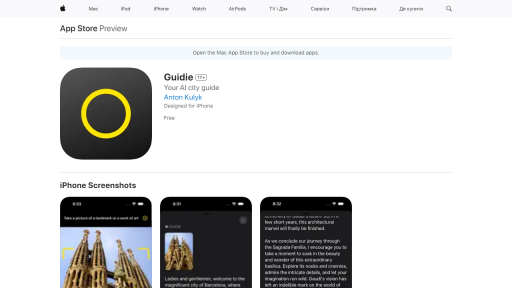What is Base64?
Base64 is a character encoding scheme that transforms binary data into a text format using a set of 64 different ASCII characters. This encoding is particularly useful for transmitting data over media that are designed to deal with text. For example, Base64 is widely used in email systems and web applications to encode binary files such as images, documents, and other multimedia content, allowing them to be easily sent and received as plain text. The name “Base64” comes from the fact that it uses 64 different characters to represent the data, which are A-Z, a-z, 0-9, and the symbols ‘+’ and ‘/’. Additionally, the ‘=’ character is utilized for padding purposes to ensure that the encoded output maintains a consistent length. Base64 encoding converts three bytes of binary data into four bytes of text. This process increases the size of the data by approximately 33%, but enables seamless integration into systems that only support text. Base64 is particularly important in scenarios where data integrity is paramount, as it helps prevent data corruption that can occur during transmission. The simplicity and reliability of Base64 make it an essential tool in modern computing and data exchange.
Features
- Encodes binary data into a text format for safe transmission.
- Supports encoding of various data types including images, documents, and audio files.
- Provides a simple way to embed binary data directly into text-based formats like JSON or XML.
- Utilizes a predefined character set that is universally supported across different platforms.
- Offers automatic handling of padding for proper alignment of data.
Advantages
- Ensures data integrity during transmission by converting it to a text format.
- Reduces the risk of data corruption that can occur with binary data.
- Facilitates easy integration with text-based protocols and systems.
- Increases compatibility with various email systems and web applications.
- Enables the embedding of binary content in text documents without formatting issues.
TL;DR
Base64 is a text encoding scheme that converts binary data into a format suitable for transmission over text-based systems, enhancing data integrity and compatibility.
FAQs
What types of data can be encoded using Base64?
Base64 can encode a wide variety of binary data types, including images, audio files, documents, and any other form of binary data.
How does Base64 affect the size of the data?
Base64 encoding increases the size of the data by approximately 33% because it converts every three bytes of binary data into four bytes of text.
Is Base64 secure for transmitting sensitive information?
No, Base64 is not a form of encryption; it merely encodes data. Sensitive information should be encrypted using proper encryption methods before being encoded in Base64.
Can Base64 be used in URLs?
Yes, Base64 encoded data can be incorporated in URLs; however, special characters like ‘+’ and ‘/’ may need to be replaced with URL-safe alternatives.
What are some common applications of Base64?
Base64 is commonly used in email attachments, embedding images in HTML and CSS, and data transfer in APIs, particularly in JSON and XML formats.









